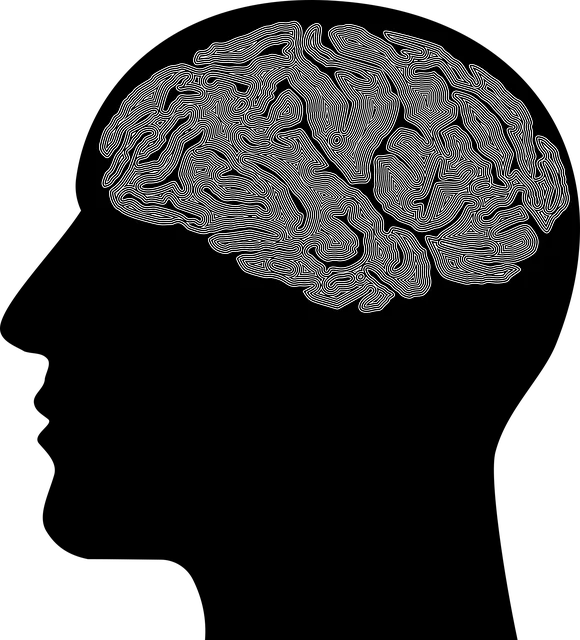Kaiser Permanente Training Programs: Reducing Substance Abuse Risks Effectively
Substance abuse, fueled by mental health and stress issues, carries severe risks. Kaiser Permanente&…….
In the ever-evolving healthcare sector, professional development plays a pivotal role in shaping the quality of patient care. Among the myriad training programs, Kaiser Permanente’s initiatives stand out as a benchmark for excellence. This article aims to delve into the intricacies of Kaiser Permanente training programs Superior, exploring its multifaceted aspects, global impact, and future potential. By examining various dimensions, we will uncover why these programs have become a cornerstone in healthcare education and how they continue to shape the industry.
Definition and Core Components:
Kaiser Permanente training programs Superior refers to an integrated network of educational initiatives designed to enhance the skills and knowledge of healthcare professionals within the Kaiser Permanente healthcare system. These programs encompass a wide range of activities, including workshops, simulations, online courses, mentorship programs, and research opportunities. The core components typically include:
Historical Context:
The roots of Kaiser Permanente’s commitment to training can be traced back to its founding principles in the early 20th century. Henry J. Kaiser, a visionary industrialist, recognized the importance of providing quality healthcare to his employees. In 1945, he established Kaiser-Permanente (now known as Kaiser Permanente), with a revolutionary idea: offering comprehensive medical care directly to workers and their families. This forward-thinking approach laid the foundation for what would become a robust training culture, ensuring that healthcare providers were equipped to meet the diverse needs of their patients.
Over the decades, Kaiser Permanente has continuously evolved its training programs to keep pace with advancements in medicine and healthcare delivery. The organization’s commitment to excellence has attracted top talent and contributed to its reputation as a leader in patient-centered care. Today, these training programs are widely acknowledged for their comprehensive nature, practical application, and positive impact on healthcare outcomes.
Kaiser Permanente training programs Superior have transcended national borders, leaving an indelible mark on healthcare education worldwide. Several factors contribute to its global influence:
Regional Trends:
The economic implications of Kaiser Permanente training programs Superior are far-reaching and multifaceted:
Technology has played a pivotal role in transforming Kaiser Permanente training programs into dynamic, accessible learning experiences:
The development and implementation of Kaiser Permanente training programs are guided by various policies and regulations, which vary across jurisdictions:
Despite its many achievements, Kaiser Permanente training programs Superior face several challenges:
Strategies for Overcoming Challenges:
Case Study 1: Patient Safety Initiative in Japan
Kaiser Permanente’s patient safety training program was adapted and implemented in several Japanese hospitals, focusing on reducing medical errors and improving communication among multidisciplinary teams. The initiative included interactive workshops, simulation drills, and regular debriefings. As a result, these hospitals experienced a significant decline in adverse events (30% reduction over 2 years) and improved patient satisfaction ratings. This case highlights the program’s adaptability to diverse cultural settings while maintaining its core principles.
Case Study 2: Interprofessional Education in Australia
The Australian branch of Kaiser Permanente introduced an interprofessional education program aimed at fostering collaboration among doctors, nurses, pharmacists, and social workers. The program involved joint clinical scenarios, team-building exercises, and reflective practice sessions. Feedback from participants indicated enhanced teamwork, improved patient care, and a more comprehensive understanding of other healthcare professionals’ roles. This success story demonstrates the power of interprofessional education in improving patient outcomes.
As Kaiser Permanente training programs Superior continue to evolve, several trends and strategic considerations shape their future:
Kaiser Permanente training programs Superior have firmly established themselves as a benchmark for excellence in healthcare education. Their comprehensive approach, global impact, and continuous evolution reflect a commitment to improving patient care and advancing the profession. As the healthcare landscape evolves, these programs will remain vital in preparing healthcare providers to meet the challenges of the future.
By addressing economic considerations, leveraging technological advancements, navigating policy landscapes, and overcoming challenges through innovative strategies, Kaiser Permanente training continues to shape the industry. The success stories highlighted in this article underscore the power of these initiatives in driving positive change within healthcare systems worldwide. As we look ahead, the future prospects for these programs are promising, with potential to revolutionize healthcare education and delivery.
Q1: How do Kaiser Permanente training programs ensure cultural competency?
A1: These programs incorporate modules focused on cultural sensitivity, diversity, and inclusivity. They educate healthcare professionals about various cultural practices, beliefs, and communication styles, enabling them to provide more personalized and respectful care to diverse patient populations.
Q2: Can Kaiser Permanente training be tailored to specific healthcare settings?
A2: Absolutely. The programs are designed with flexibility in mind, allowing organizations to customize curricula based on their unique needs. This customization can include adapting content for specific specialties, regional practices, or organizational cultures.
Q3: How do technology advancements enhance Kaiser Permanente training?
A3: Technological innovations such as online learning platforms, virtual reality simulations, and artificial intelligence provide interactive, engaging, and accessible learning experiences. These tools enable practitioners to develop skills in a safe environment, access resources on-demand, and receive personalized feedback, enhancing overall training effectiveness.
Q4: What role does Kaiser Permanente play in global healthcare education?
A4: Kaiser Permanente has been instrumental in sharing its expertise globally through international collaborations and partnerships. It offers technical assistance, conducts training of trainers programs, and contributes to the development of global health initiatives, fostering capacity building and knowledge exchange worldwide.
Q5: How do these programs address mental health and well-being for healthcare professionals?
A5: Recognizing the importance of mental health in healthcare, Kaiser Permanente training programs increasingly incorporate modules focused on stress management, resilience-building, and burnout prevention. These initiatives aim to support the well-being of healthcare providers, ensuring they can deliver optimal patient care while maintaining their own mental health.

Substance abuse, fueled by mental health and stress issues, carries severe risks. Kaiser Permanente&…….